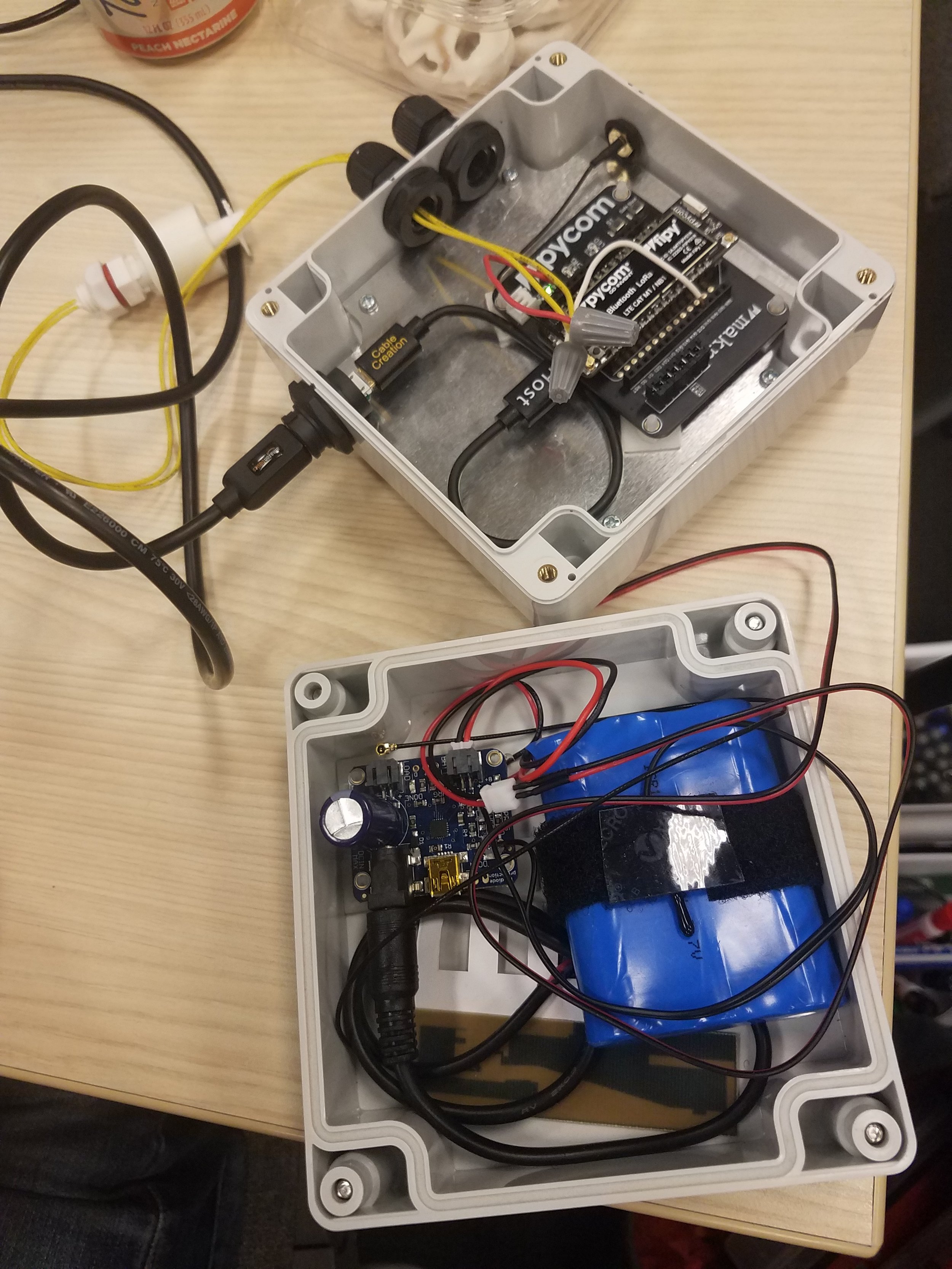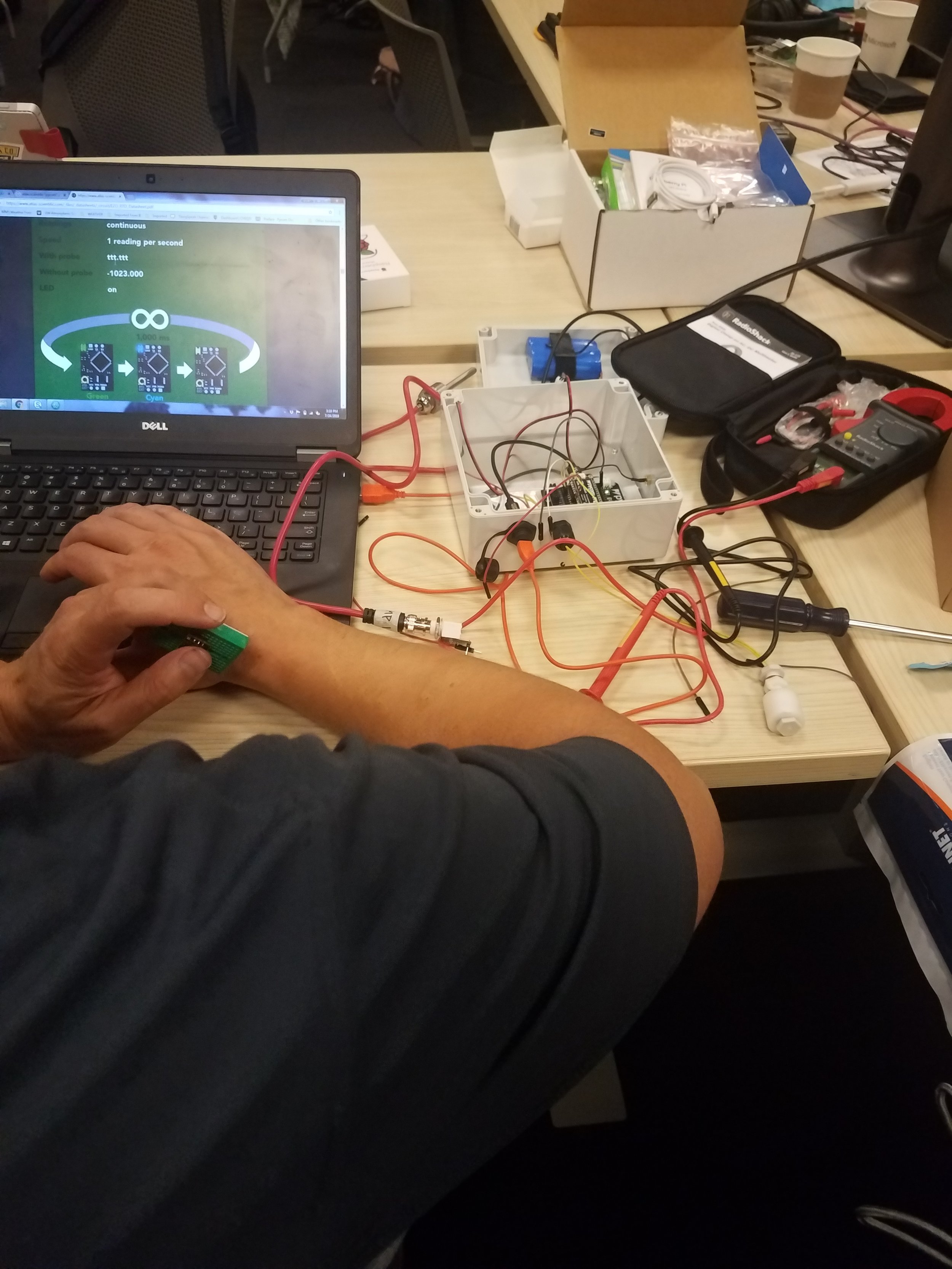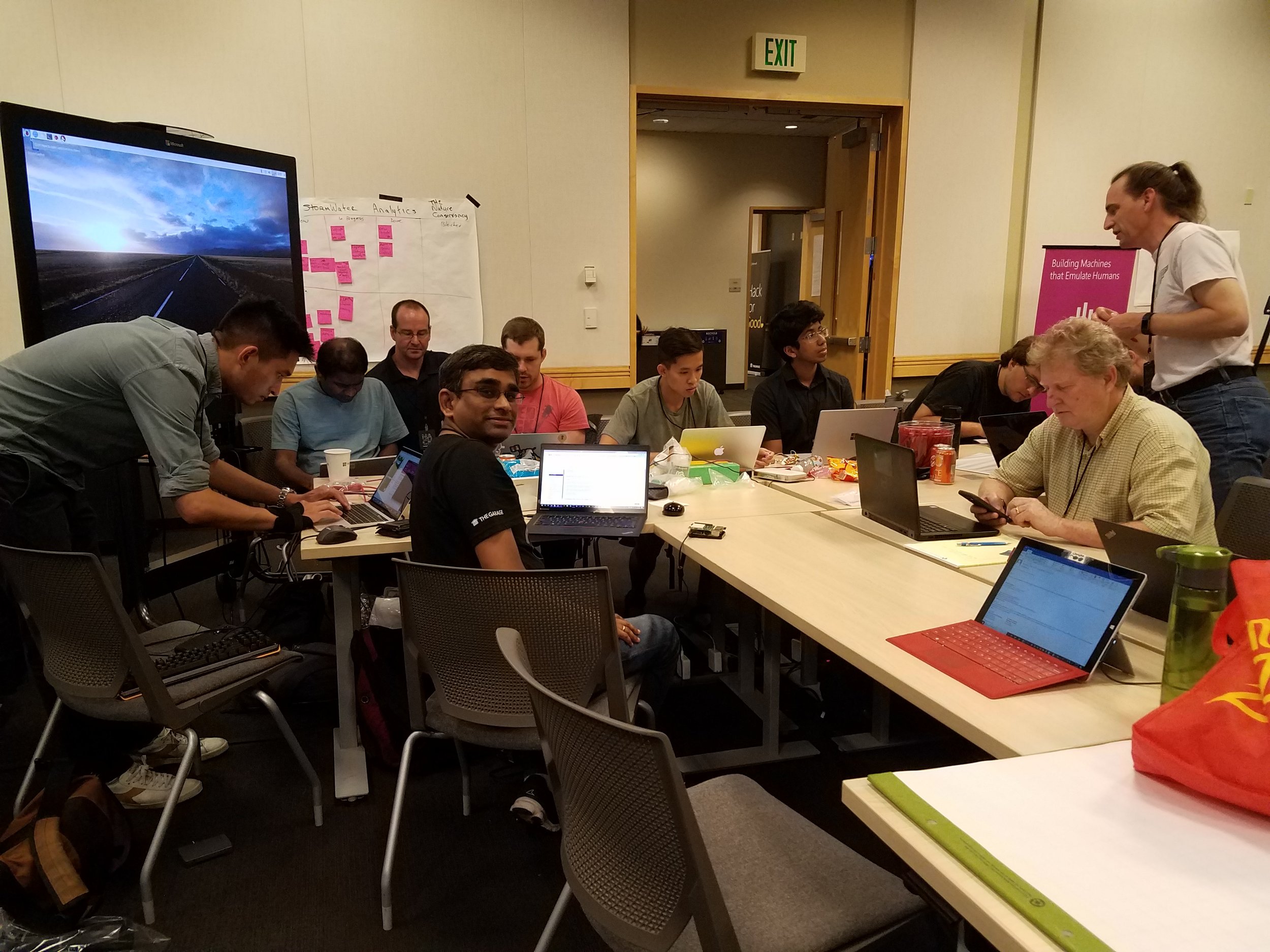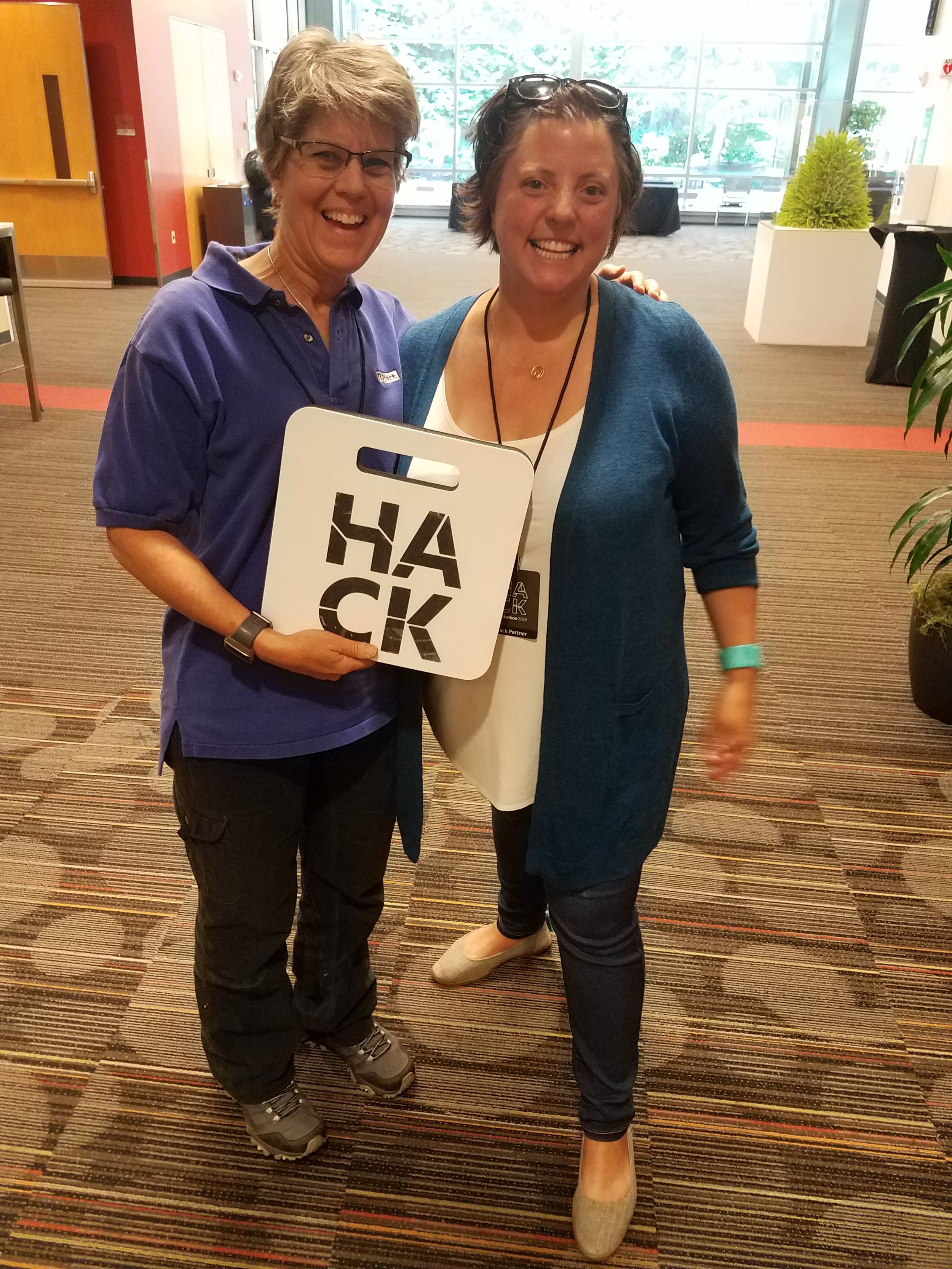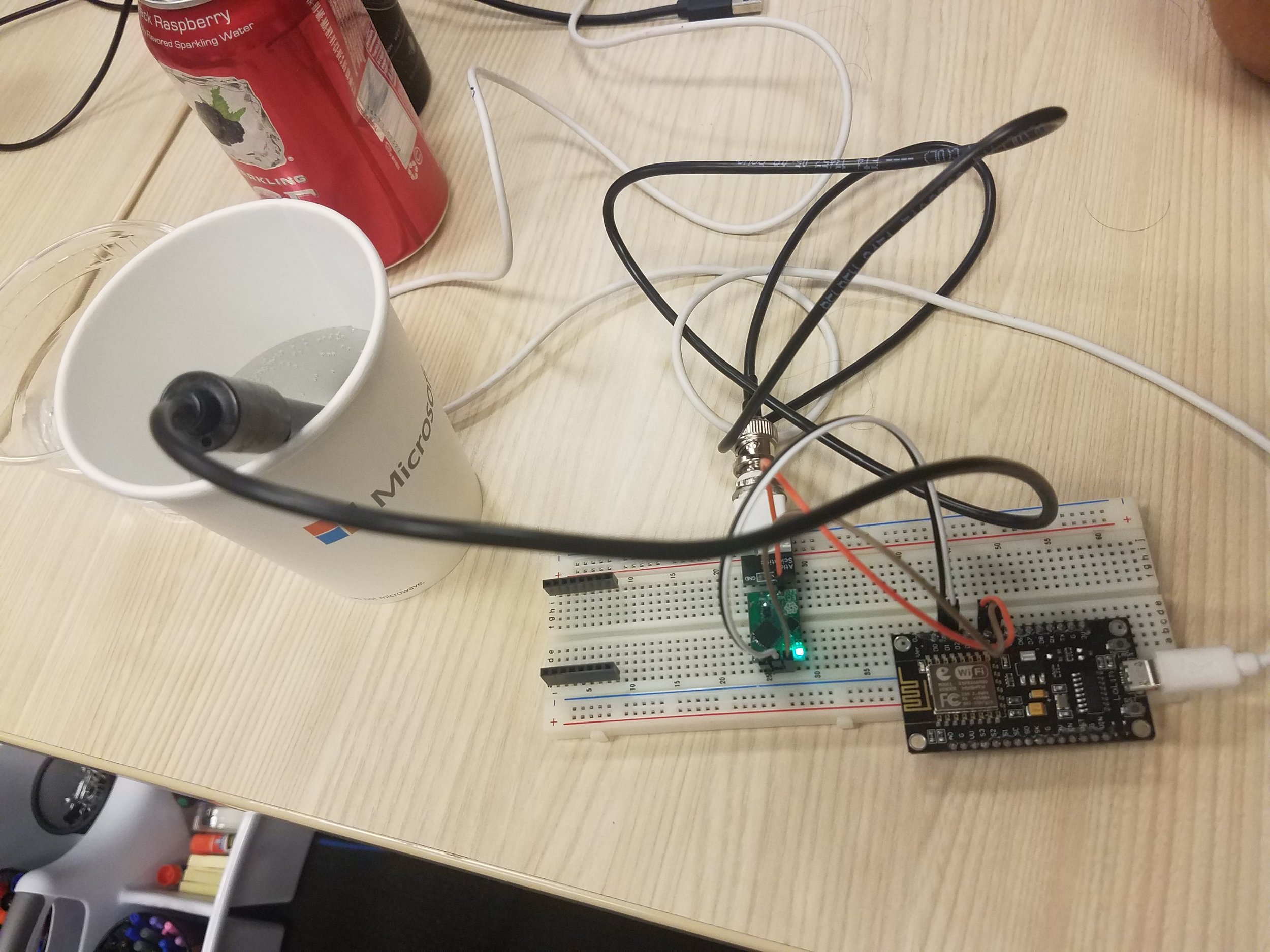Aspect is looking forward to discussing key stormwater management issues at this year’s Municipal Stormwater Conference April 5-8, 2021. Please join us in four (virtual) sessions where our stormwater team helps lead the discussion of the future of stormwater management in the Pacific Northwest. Please join us for Aspect presentations three and four (the first two Aspect presentations are summarized here)
Stormwater Infiltration at Seattle-Tacoma International Airport – April 6
Protecting water quality is a key goal for SeaTac Airport’s stormwater program.
Join Tom Atkins, Principal Engineer, for a discussion on SeaTac Airport’s stormwater infiltration program that extends across 1,600 acres of drainage area flowing into the Puget Sound and three local streams. The Port of Seattle –the steward for SeaTac Airport -- is interested in stormwater infiltration at STIA to achieve NPDES permit LID and flow control requirements along with GSI sustainability goals. Over the past four years infiltration has been investigated through shallow and deep infiltration feasibility assessments to guide the testing, analysis and design of BMPs for future development. This presentation will summarize the challenges, outcomes and tools that this work has produced, and will describe the deep infiltration testing planned for 2021.
How Shoreline Is Integrating ‘Salmon-Safe’ and the NPDES Phase II Permit – April 7
In 2019, the City of Shoreline was the first in the state to achieve Salmon-Safe certification.
Join Bryan Berkompas, Associate Hydrologist, to learn how Shoreline became the first city in Washington to achieve Salmon-Safe certification and how they are incorporating its requirements in City operations. Salmon-Safe guidelines are rigorous but also complimentary with many of the requirements of the NPDES Phase II permit. This presentation will discuss the process of achieving Salmon-Safe certification, the benefits of Salmon-Safe certification, and designing programs that satisfy the requirements of both the Permit and Salmon-Safe.




